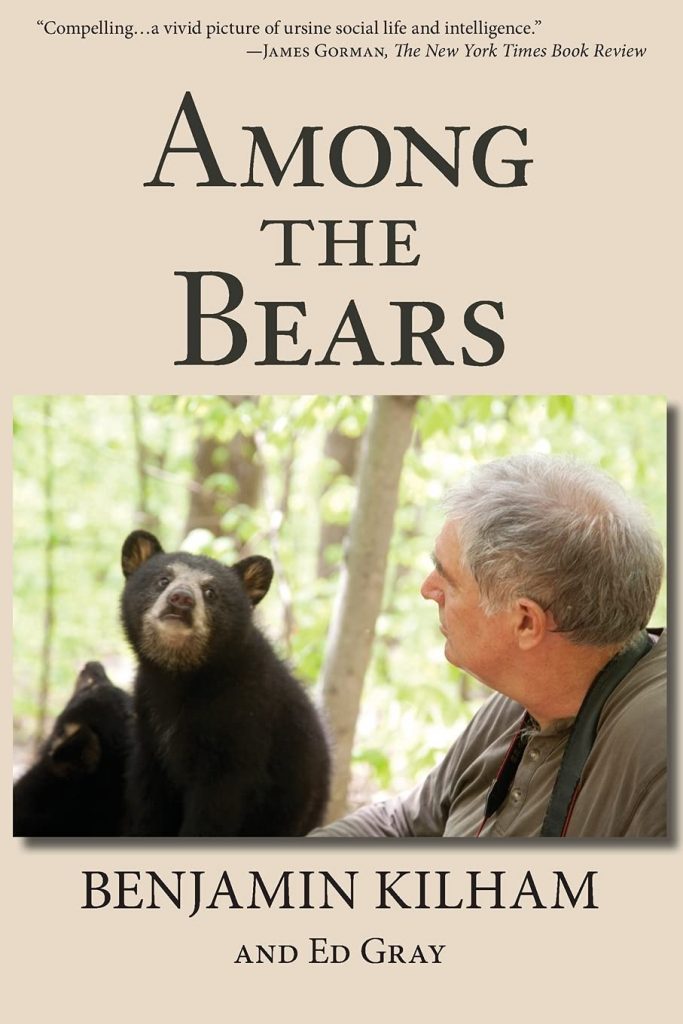Happy Friday morning, dear readers. I hope you’re enjoying reading my posts for #ChangingPathsChallenge2024 as much as I’m enjoying writing them. I thought I’d briefly mention a couple other blogs participating in the challenge. Of course, Yvonne Aburrow, creator of the challenge, is participating over at the resources blog for the book. I’ve also managed to run across The River Crow, who has written some delightful poetry for many of the prompts. I highly encourage you to check out both blogs and their entries. And if you know of other people participating, be sure to drop a link in the comments!
In the meantime, I wanted to write a post about chapter ten of the book Changing Paths, which is entitled “Unexamined Baggage.” For this chapter, I’ve chosen this journal prompt from the book:
Check your baggage. What ideas or values or assumptions are you carrying around from your original religious or philosophical tradition? Which ones do you want to jettison, and which ones do you want to keep?
I had to think long and hard about this one. I feel like I’ve unpacked and discarded most of what I picked up from my days as an evangelical Christian. Sure, I’ve only recently started examining and working through the ways in which my previous religion was mired in white supremacy. Similarly, I’ve been going through an unlearning process in which I critically examine what my Sunday school teachers, pastors, and other Christian leaders taught me about Judaism and the antisemitism that often gets baked right into some of the common tenets of Christianity. But these are both things I feel like I’m well on my way of ridding myself of.
Eventually, however, I think I thought of something I picked up from Christianity that I still struggle with at times: The constant need to be right and even to prove that I’m right. As an evangelical Christian, I was constantly reminded of the need to “be prepared to give a defense of the faith at all times.” So debates — or arguments disguised as debates — were something I often engaged in. I felt the need to prove that my faith was rock solid and correct. To be honest, that’s a need to is hard shake.
In some cases, I’m not sure I want to shake it completely. For example, I think there are some things that are worth arguing dogmatically in favor of, such as the basic humanity and dignity of all people. Along those lines, I will unapologetically fight for the rights and proper treatment of all people. To do otherwise would strike me as a betrayal of my principles.
And yet, even in these cases, I find myself stopping to check with myself as to why I’m engaging in such fights. Am I doing it because it’s the right thing to do and because people will be harmed otherwise? Or am I doing it in order to be right? In many cases, I suspect both motives play a factor. However, I think only the first one is a motive that should be encouraged. In the end, the well-being of others and the search for justice for them is not about me, nor should it be.
In other cases, I just think it’s important to remember that I’ve been wrong in the past and I could be wrong again. So I try — though not always successfully — to remind myself to hold to many beliefs and view loosely and humbly. Because again, it has to be about a search for truth rather than the quest to be right.

